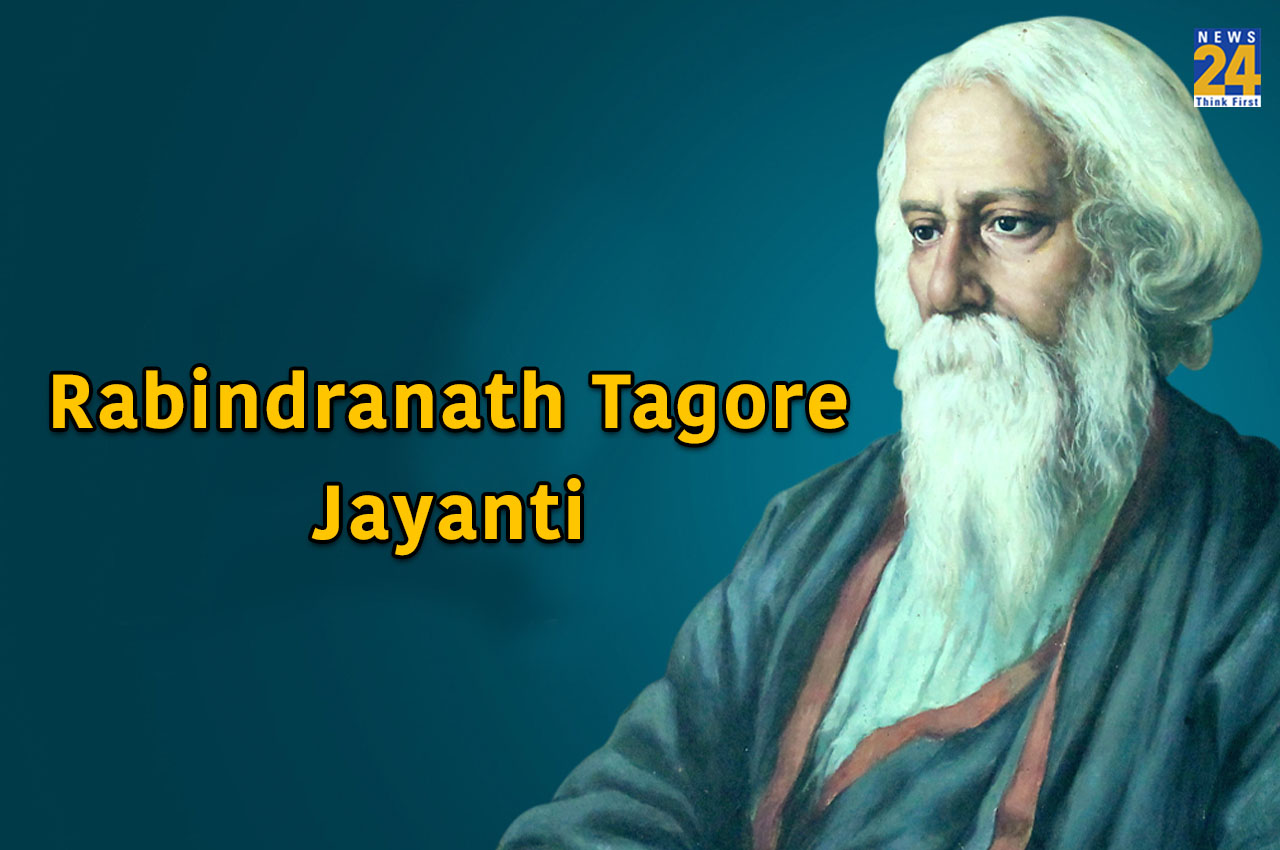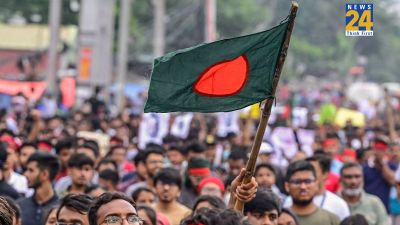Rabindranath Tagore Jayanti: Rabindranath Tagore was a notable Bengali poet, writer, painter, composer, and philosopher. His birth anniversary is commemorated on Jayanti, sometimes referred to as Rabindra Jayanti. He began composing poems when he was just 8 years old, and by the time he was 16, he had moved to short stories and plays. In addition to this, Rabindranath was a social reformer who actively participated in the campaign for Indian independence from British control. Additionally, Visva-Bharati University, a central research university and an Institution of National Importance located in Shantiniketan, West Bengal, was founded with Rabindranath Tagore’s permission.
He received the Nobel Prize in Literature in 1931, making history as the first non-European and the first lyricist to do so. Sometimes, Rabindranath Tagore is referred to as “the Bard of Bengali”.
Rabindranath Tagore Jayanti: Date
On May 7, 1861, according to the Gregorian calendar, Rabindranath Tagore was born. But this day, which falls on the 25th day of the Bengali month Boishakh, is celebrated by a Bengali calendar. According to that calculation, Rabindranath Tagore Jayanti is usually observed in May of the Gregorian calendar. On Tuesday, May 9, 2018, this day will be observed in 2023. In some states, this day is a public holiday.
History & Achievements of Rabindranath Tagore
On May 7, 1861, in Calcutta (now Kolkata), West Bengal, Robindronath Thakur was given the name Rabindranath Tagore. Rabindranath was the youngest of the family’s 13 living children. His parents were Sarada Devi and Debendranath Tagore, both religious reformers. He was primarily nurtured by the household staff because his mother passed away while he was very small and his father used to take frequent trips.
Rabindranath began writing verse and poetry at a young age, but his father wanted him to study law, so he moved to England. To pursue independent study of Shakespeare’s plays such as Coriolanus, Antony & Cleopatra, etc., he quit law school there. He finished writing his poetry collection Manasi and published other collections of poetry after returning to India. Gitanjali, a collection of poems by Rabindranath Tagore, helped him win the Nobel Prize for Literature, becoming him the first non-European to ever do so. The UNESCO Collection of Representative Works includes Gitanjali as well.
Also read:- World Laughter Day 2023: Check History, quotes, images, other details here
12 Famous Quotes given by Rabindranath Tagore
1. Don’t limit a child to your own learning, for he was born in another time.
2. Love does not claim possession, but gives freedom.
3. The small wisdom is like water in a glass: clear, transparent, pure. The great wisdom is like the water in the sea: dark, mysterious, impenetrable.
4. Faith is the bird that feels the light when the dawn is still dark.
5. Facts are many, but the truth is one.
6. A mind all logic is like a knife all blade. It makes the hand bleed that uses it.
7. Clouds come floating into my life, no longer to carry rain or usher storm, but to add color to my sunset sky.
8. Trees are the earth’s endless effort to speak to the listening heaven.
9. The butterfly counts not months but moments, and has time enough.
10. Death is not extinguishing the light; it is only putting out the lamp because the dawn has come.
11. Every child comes with the message that God is not yet discouraged of man.
12. You can’t cross the sea merely by standing and staring at the water.
Rabindranath Tagore Jayanti: How to celebrate this day?
The state of West Bengal celebrates Rabindranath Tagore’s birth anniversary with a lot of fervour. Numerous colleges and schools hold contests for writing, poetry, dance, and drama, among other activities, based on Rabindranath Tagore’s works.
On the anniversary of Tagore’s birth, his songs and poems are recited everywhere. On Rabindranath Tagore Jayanti, the Visva-Bharati University in Santiniketan, West Bengal, which Tagore founded, holds a large celebration. Rabindranath Tagore celebrated his 150th birthday in 2011, and to commemorate the occasion, the Indian government released a five-rupee coin.













